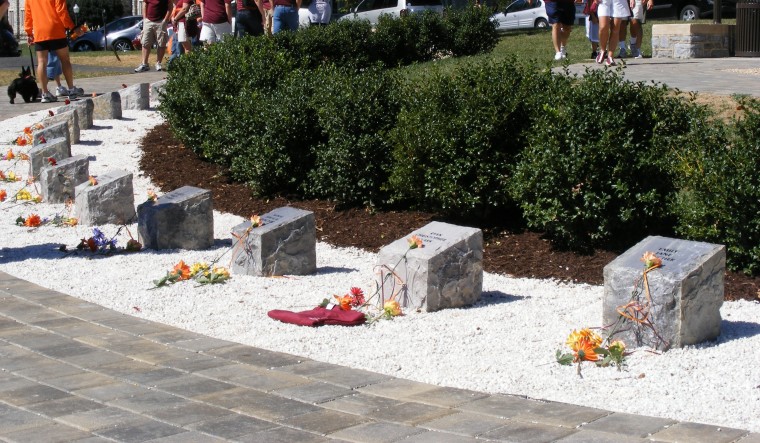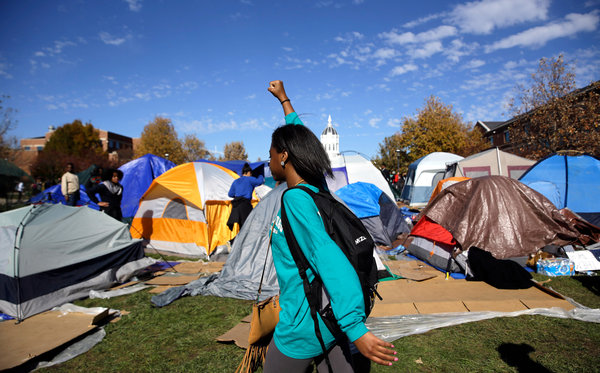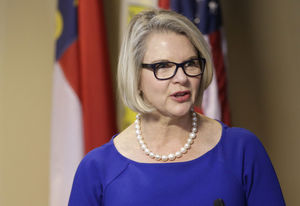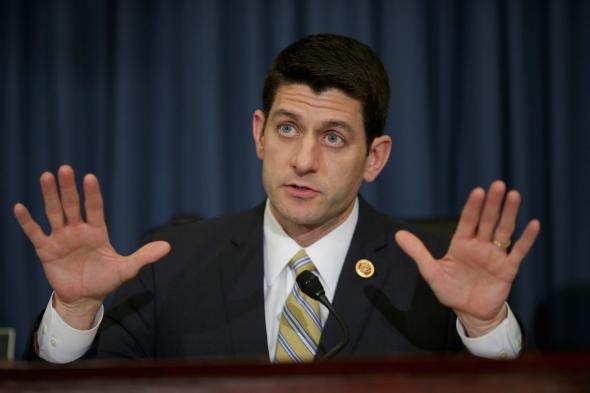Justice Scalia is no stranger to controversy. One of the Supreme Court’s staunchest conservatives, Scalia has often raised the ire of those who disagree with his positions. During the second round of arguments on the Fisher affirmative action case, the conservative icon again courted controversy in his comments on minority students attending higher education. Justice Scalia doesn’t understand higher education as his comments during the hearing showed.
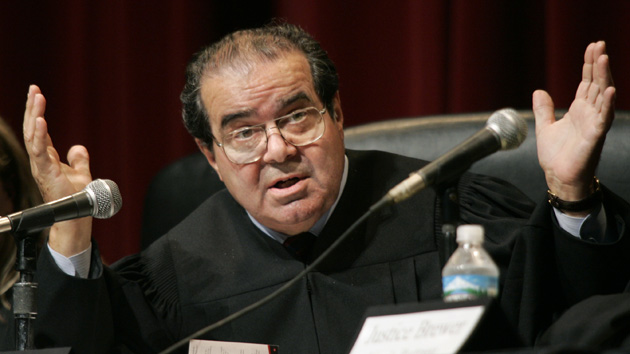
(Full Disclosure: I am a signatory on the Amici Curiae brief by social scientists supporting the University of Texas in the case)
Referring to one of the briefs in the case, Scalia said, “There are those who contend that it does not benefit African Americans to get them into the University of Texas where they do not do well, as opposed to having them go to a less-advanced school, a slower-track school where they do well.”
He continued, “They come from lesser schools where they do no feel that they’re being pushed ahead in classes that are too fast for them.”
Simply put, Scalia is wrong.

